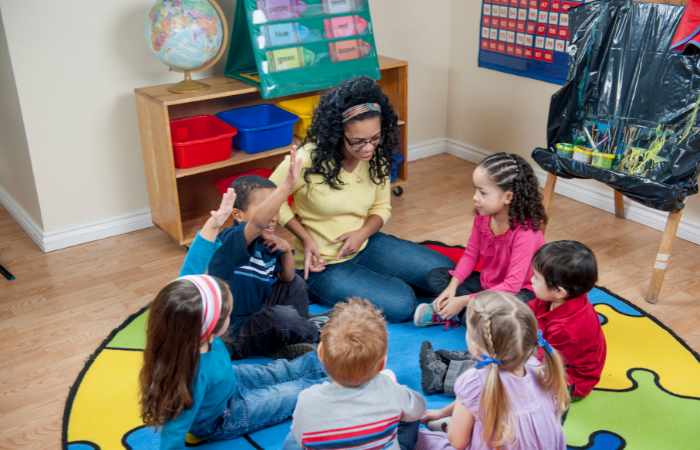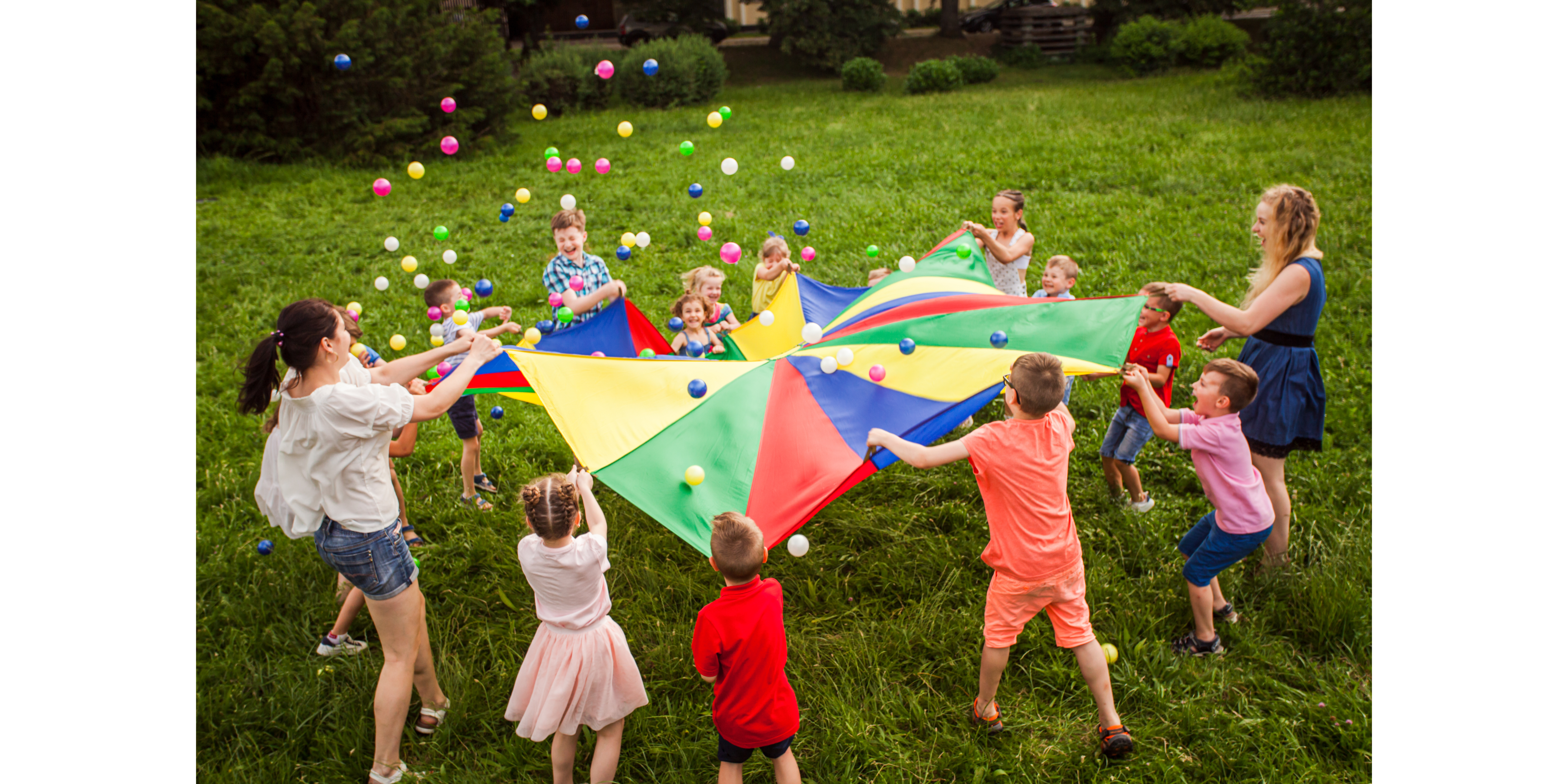5 ways to encourage friendship in EYFS
Posted by EYR Team on 7th Feb 2022
read more
Encourage friendship in EYFS this summer with some of our top suggestions and advice! We're going to delve into what it means to develop relationships at a young age and how that gentle push in the right direction could be a crucial step to their character building.
The importance of friendship can't be overstated for children. Friends are a source of support, empathy, and encouragement during difficult times. They help children learn how to play together and share their feelings without fear or embarrassment.
Here are 5 tips on how to encourage friendships in Early Years settings:
1. Provide opportunities to build a friendship with other children
Children need to be able to play with other children to grow up and develop social skills. They need opportunities for free play, a type of play where there are no rules or goals. Children learn from each other during these interactions, so they must have the opportunity to engage in them often.
Group activities can be a great way for children to have fun together, while also teaching them how to cooperate and work with others. Some group activities that children can do at school include: telling stories, drawing pictures, singing songs, or making crafts.
2. Encourage interaction between adults and children
The importance of encouraging interactions between adults and children is that it helps the child develop social skills. This is especially true for shy children who have trouble making friends with other children their age.
It also provides opportunities for the child to learn about new things, such as how they can make friends or how they can interact with other people in their surroundings.
3. Offer informal activities that allow EYFS children to work together in small groups
To make friends, children can participate in informal activities such as playing sports and games with others. These activities allow kids to interact with each other on a more personal level and develop relationships that will last for years.
Playing games like tag or hide-and-seek helps children learn how to interact with others by becoming part of the game. Playing these types of games also allows them to try new things and take risks without fear of failure because they are not competing against anyone else.
4. Create a safe space where kids can come together and share their feelings
To encourage friendships in EYFS, children require a safe space to talk about their feelings. This is a place where they can feel free to express themselves without fear of being judged or criticized. It is also important that the people in the environment are supportive and understanding of what the child might be feeling.
Use familiar props such as dolls, or other items such as emotions stones to discuss feelings about friendship. These will make children feel secure and help to normalise discussions about what they might be feeling.

5. Have an adult lead conversation or discussion about friendship
One way an adult could lead a conversation with children about friendship is by asking them what they think makes someone a good friend, who their best friends are, or how they make new friends. This allows children to think and talk more about what friendship means to them. One great way of doing this is incorporating Conversation Cubes into play in your learning setting.
When you discuss friendship with a child, it is important to be mindful of the their age and maturity level. For example, if the child has not yet learned how to read, then using pictures or objects may work better for them.

Friendship is an important part of our lives. It can be challenging to make friends when you are in the early years foundation stage, but we hope that this blog has given you some tips on how to encourage friendships in EYFS.
For more information on how to encourage children to talk about their feelings in school, nursery, or at home, read one of our related blog posts below.





